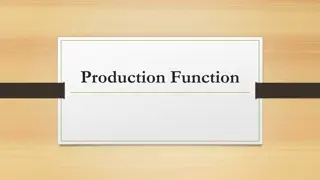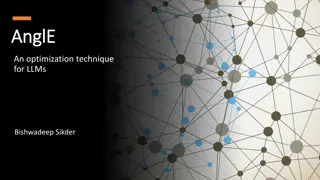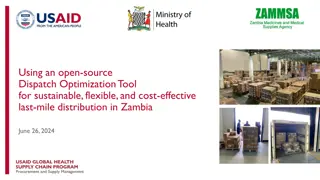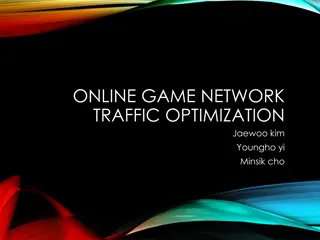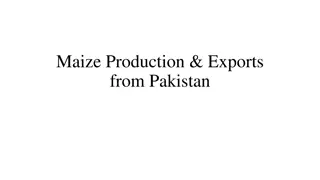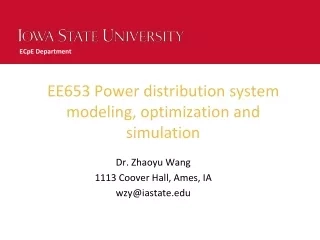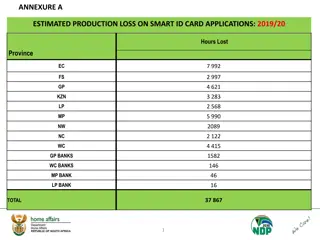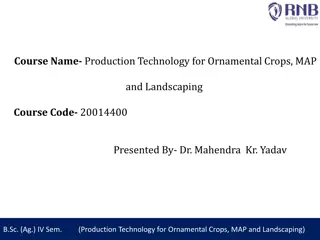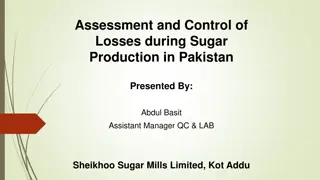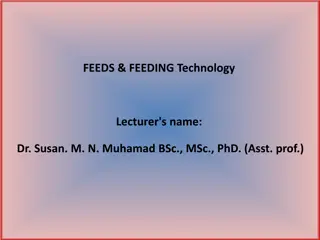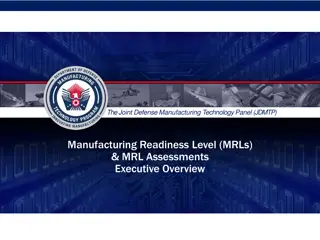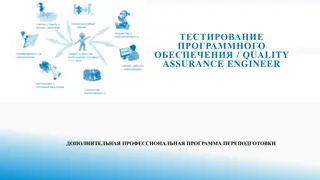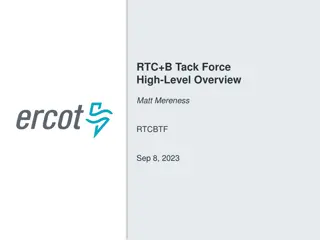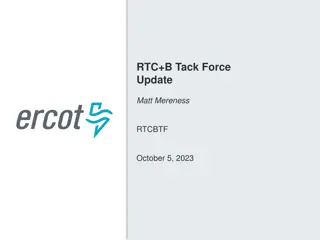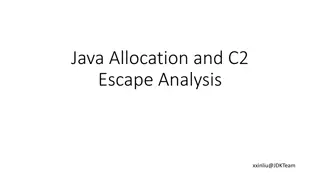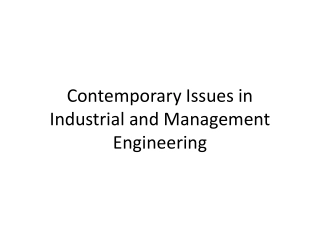Gatorade Production Analysis and Optimization
Explore the production constraints, demand exceeding capacity, manufacturing process details, and analysis of Gatorade production involving Ana, Chloe, Shivani, and Izzet. Learn about the challenges faced, revenue maximization strategies, lost revenue in May, potential velocity increase, and Gantt charts depicting production timelines.
Download Presentation
Please find below an Image/Link to download the presentation.
The content on the website is provided AS IS for your information and personal use only. It may not be sold, licensed, or shared on other websites without obtaining consent from the author. Download presentation by click this link. If you encounter any issues during the download, it is possible that the publisher has removed the file from their server.
Presentation Transcript
GATORADE MX Production Ana, Chloe, Shivani, Izzet
DEMAND & CAPACITY - The demand for gatorade has a cyclical pattern with Overall YoY growth of 5% - In 2019, demand starts to exceed capacity by May - By becomes more pronounced 2022, the capacity issue
MANUFACTURING PROCESS Two Stage process that uses an assembly line with 2 machines. Machine 1: takes care of building the bottle Machine 2: fills different flavors For our analysis, we consider the entire assembly line to be 1 machine Production Times are calculated based on the bottleneck
BASE CASE - Given our current production constraints, we cannot meet demand for all products in May - In order to maximize revenue, given constraints, we use a revenue per processing time heuristic
GANTT CHARTS Week 1 Week 2
GANTT CHARTS Week 3 Week 4
LOST REVENUE $652,615 The total lost revenue for the month of May is:
20% INCREASE IN VELOCITY - Assembly line consists of 2 machines where one machine is slower than the other - By upgrading this machine, the velocity of each job would be 20% higher and processing times would be 20% less Cost of upgrade = $4 Million -
GANTT CHARTS Week 1 Week 2
GANTT CHARTS Week 3 Week 4
2 ASSEMBLY LINES - - - - We can consider the possibility of adding another assembly line This is like adding another machine We use a variation of the longest processing time heuristic We do not split up production of units of a certain product between the 2 assembly lines to minimize the costs of changing jobs Cost of Machine = $12 Million -
GANTT CHARTS Week 1
GANTT CHARTS Week 3
UNSATISFIED DEMAND / WEEK Profit/Unit = 0.5871 Holding Cost/Unit = 0.1427
INVENTORY BUILD-UP HOLDING COST BREAKEVEN ~ 4 weeks Weeks =Profit/Unit Holding Cost + $70,543.65
UPGRADE MACHINE (+%20 Vel) - - Results in $636,140 net revenue in month of May Assuming that there are 2 months per year where we have a capacity issue, we gain around $1,272,280/year At a cost of $4 million to upgrade the machine, we breakeven in ~3 years This is a conservative estimate as demand is growing and we anticipate more months to produce above current capacity by 2020 - -
+ASSEMBLY LINE - With a second assembly line we fulfill all of May s demand so we gain $652,615 in revenue Assuming that there are 2 months per year where we have a capacity issue, we gain around 1,300,000 per year At a cost of $12 million to add an assembly line this would require 9.2 + 1 year of installation to break even To bring down the break-even time, production from other factories could be completed on the new assembly line but this may have added costs - - -
CONCLUSION - In the short term, Inventory build-up is the favorable strategy - In the long run, upgrading the machine makes sense as we gain more revenue per year - Demand is growing so the breakeven point will likely be less than 3 years


